Most travelers find out at some point that long term travel is cheaper than taking short trips. Travel can sometimes be cheaper than living in your own country! Here's why.
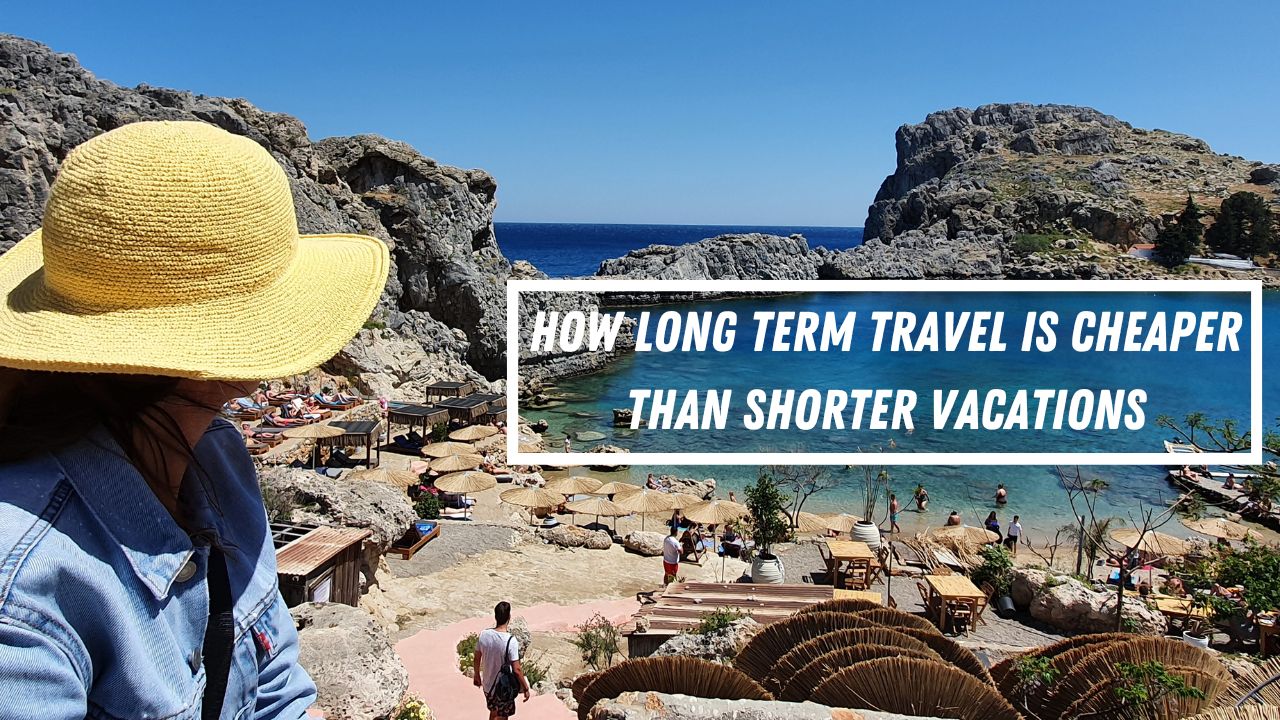
Why is traveling for longer periods often cheaper?
One of the curious things about traveling, is that the longer the trip, the lower the average cost per day seems to become.
In fact, some people may be surprised at how little we spent on our recent 3.5 month Greek island hopping trip in the Dodecanese islands of Greece (April – August 2022). Based on the two of us traveling together, it cost just 42 Euros per day each!
This meant that we effectively spent less money in a month than many people do when on a one week vacation!
And to be honest we weren't even trying that hard to keep costs down. I still ate my fare share of incredible Greek food at tavernas!
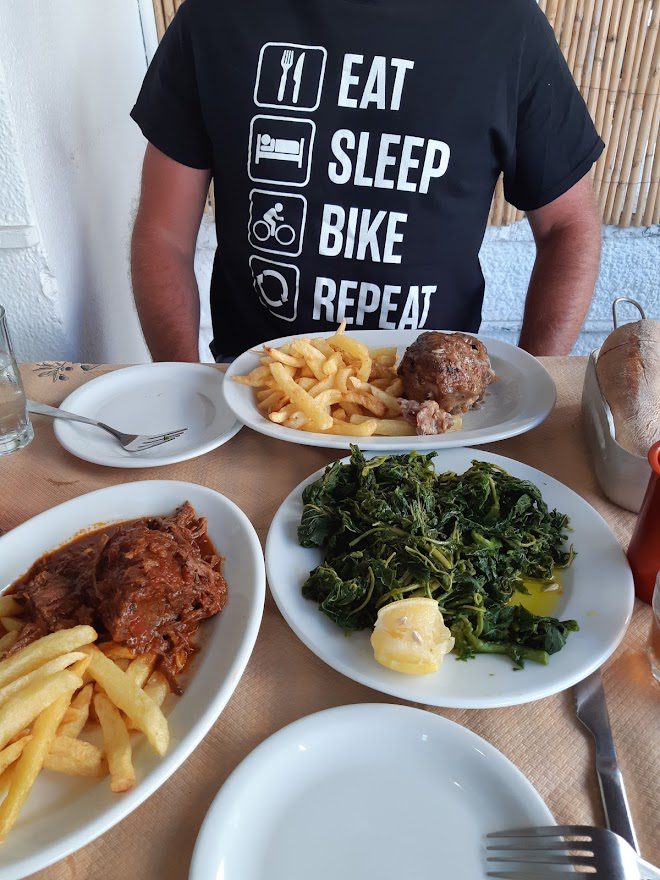
Related: How to plan a travel budget
Why do things get cheaper if you travel slowly though?
There's a few reasons why slow travel can be a very affordable way to see the world. In this blog post, we take a look at some of the reasons longer trips of a few months or more are actually cheaper than short vacations.
1. It's easier to find cheap accommodation for longer stays
Accommodation can be one of the biggest expenses on any trip, but when you travel long term, you have many options on how to reduce the cost or even stay in places for free.
For example, we tend to look for simple studio accommodation with cooking facilities when traveling in Greece.
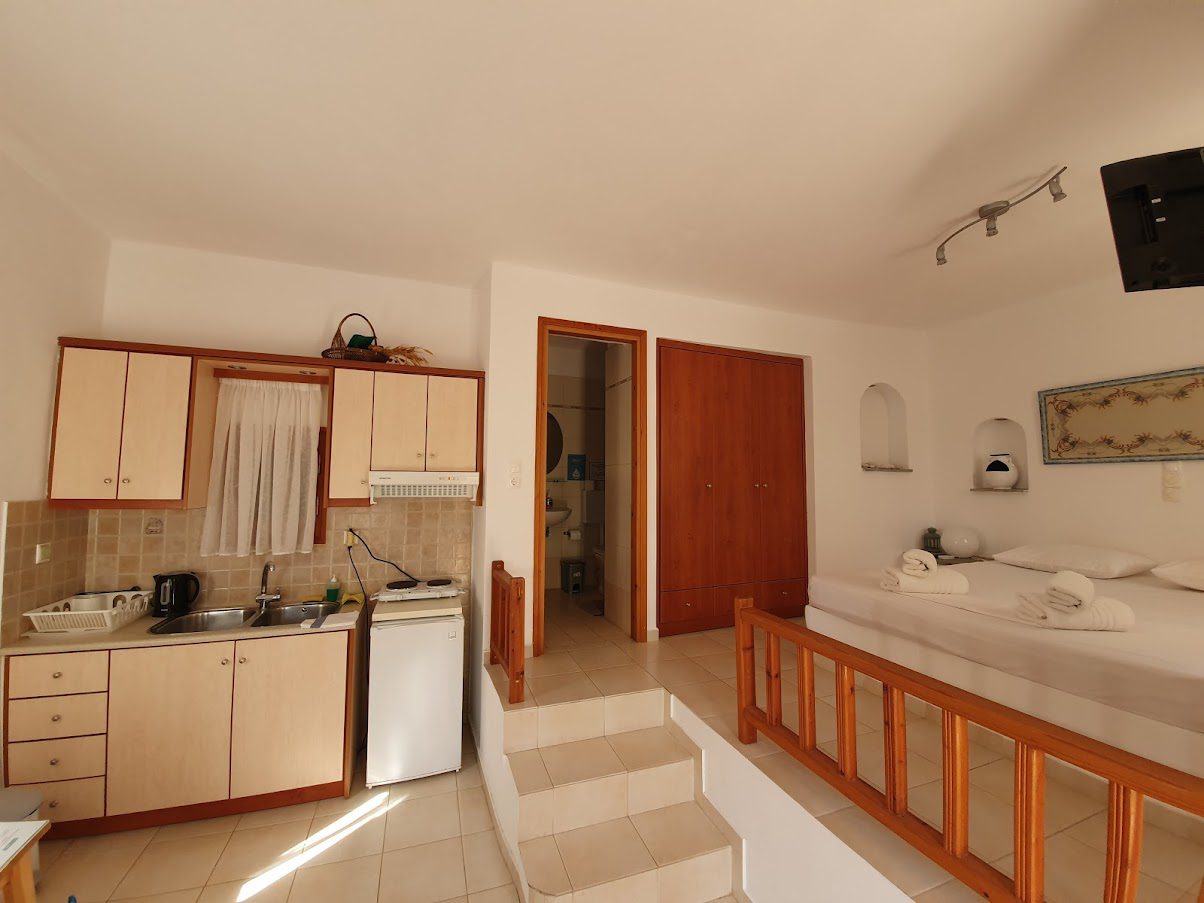
This means we can make our own meals if we want to (more on how this makes sense for traveling slowly later!), and it's a rare Greek island where we have paid more than 40 Euros a night for accommodation.
The accommodation costs for this type of place are obviously a lot more budget friendly than fancier hotels!
Other options for cheaper places to stay include hostels and backpackers type guesthouses. I tend to use Booking for looking at the best places to stay and deals on hotel rooms.
When it comes to booking long term accommodation, other travelers might prefer to get deals on apartments or houses by using AirBnB, or signing a rental contract for a month or more. Facebook groups are also a good place to look for medium term rentals.
Many travelers also look at house sitting as a way to cut down on accommodation costs, and this can be a great option if you are staying in one place for longer periods of time.
Tips for free accommodation: Couchsurfing, or for cyclists Warmshowers, are both hospitality sites where you can even find places to stay for free (but bring a gift for your hosts – it's nice to be nice!).
Related: Why do people travel
2. You can cook your own food rather than eating out all the time when traveling long term
Eating out all the time gets expensive, no matter where you are in the world. When you travel long term, three things happen – you'll either get bored of eating out all the time, it gets too expensive, or you'll just miss making your own meals.
On a long trip, where you might spend several weeks in one location (see point one about long term rentals!), you'll get to know the best places to buy food.
By discovering the local markets, you'll not only save money, but you'll also get to try new and delicious foods that you wouldn't find in restaurants. Making your own meals is one of the key ways to make your travel budget go further.
As I mentioned earlier, we prefer our accommodation to have at least some simple cooking facilities. In the long run, even if this makes the accommodation more expensive, we save money by not having to eat out for every meal.
3. You tend to spend less on activities and attractions on a day by day basis
If you're on a two week trip for your vacation, the chances are that you'll want to pack out your travel itinerary with day trips to make the most of your time away.
Slow travel has advantages though, in that you can take your time to explore a destination, and you don't have to spend money every day on activities.
In fact, we often find that when we're traveling for longer periods of time, we might only do one activity or go on one day trip per week – saving us both money and time!
If you do need to book tours or activities when you visit places, I suggest using Get Your Guide – Go for their gold star rated tours which have the best prices and values for money overall.
4. You're more likely to use public transport which is usually cheaper than private transport options
Your daily budget as a full time traveler is likely to be lower than someone who is on a two week trip. Therefore, you'll want to look at the best ways to get around and explore places.
You'll probably use public transport more often – and this, generally speaking, is going to be cheaper than using private transport options like taxis or renting a car.
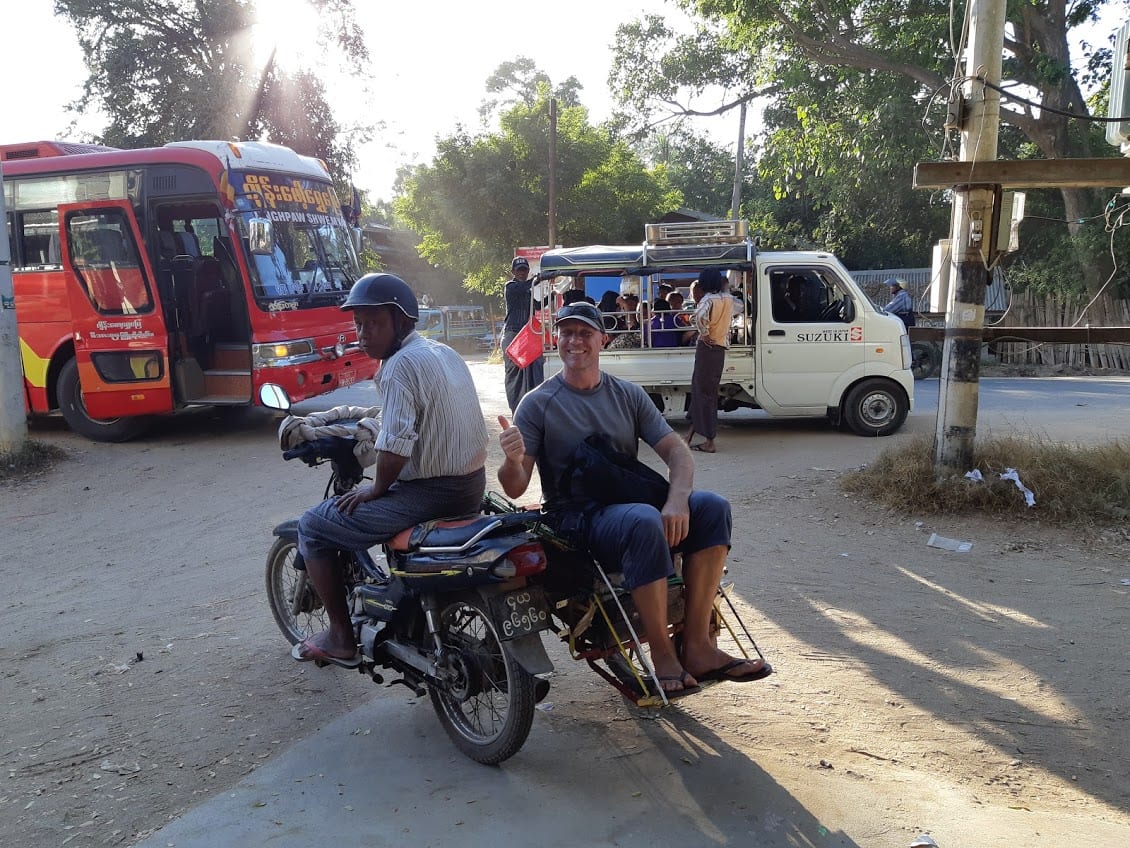
This is especially the case for city stays, where you can use public transport to get around for very little money. Bus tickets are always cheap all around the world, and taking a ride on local transport gives you an insight into daily life of the locals.
There's always exceptions to the rule (using Grab in Thailand for example), but public transport is almost always more affordable than taking cabs.
Related: Authentic Travel Experiences vs Modern Convenience
5. You can hire a motorbike or car at better rates longer term
In some countries, it might be just as cheap to rent a car or motorbike for a week as it would be for just a few days. If you're staying put in one place for a while, this can be a great way to explore the area – and save money too! Just make sure you've got good travel insurance!
I've previously hired motorbikes in Asia for around $6 a day, and this is a great way to see more of the country you're visiting – without spending too much money. The price can reduce further if you want to rent a motorbike for a few weeks.
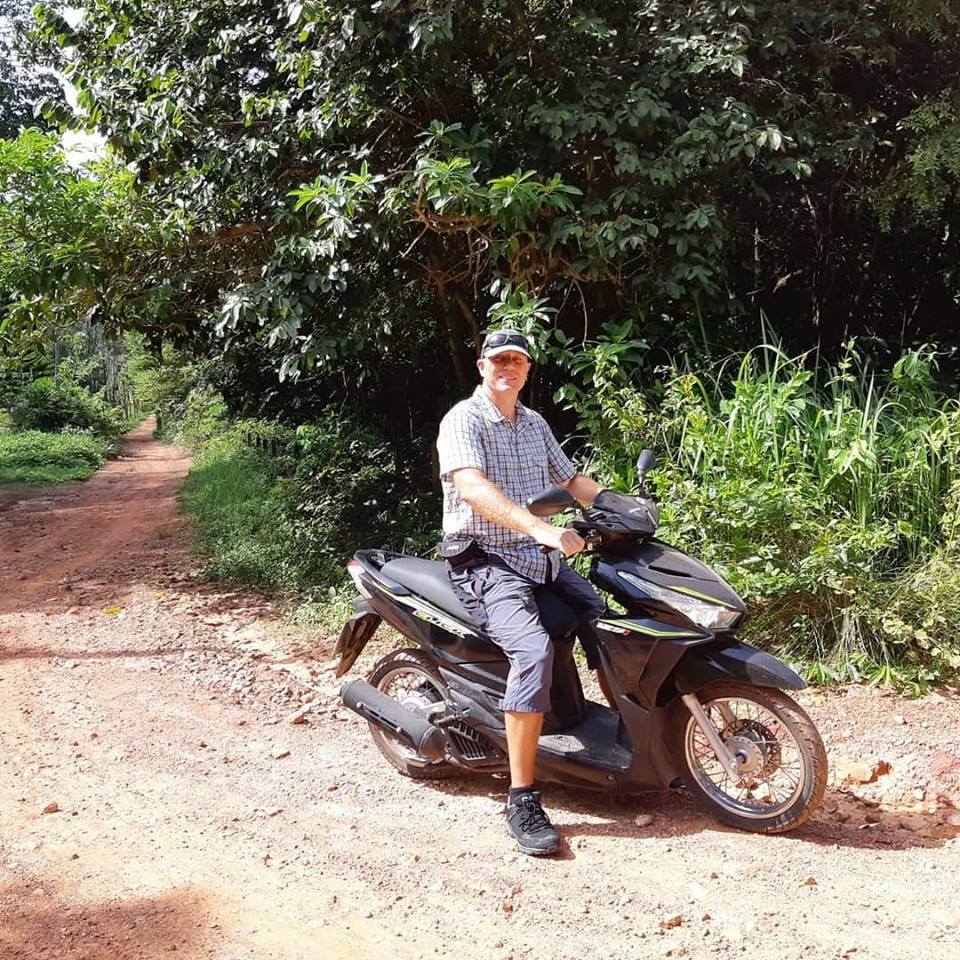
Read my car rental tips for more information on how to save money when renting a car.
6. You have time to search for the best deals on flights and other travel costs
The transport costs of a trip can be one of the biggest expenses. For example, if you are taking a week long vacation from your own country to Greece, the flight tickets might be a significant cost factor. If your trip is 8 weeks long, the cost of the flight is divided over a longer period of time.
During your trip, you'll also have more free time to research onward transport, allowing your to choose the options that offer the best value for money.
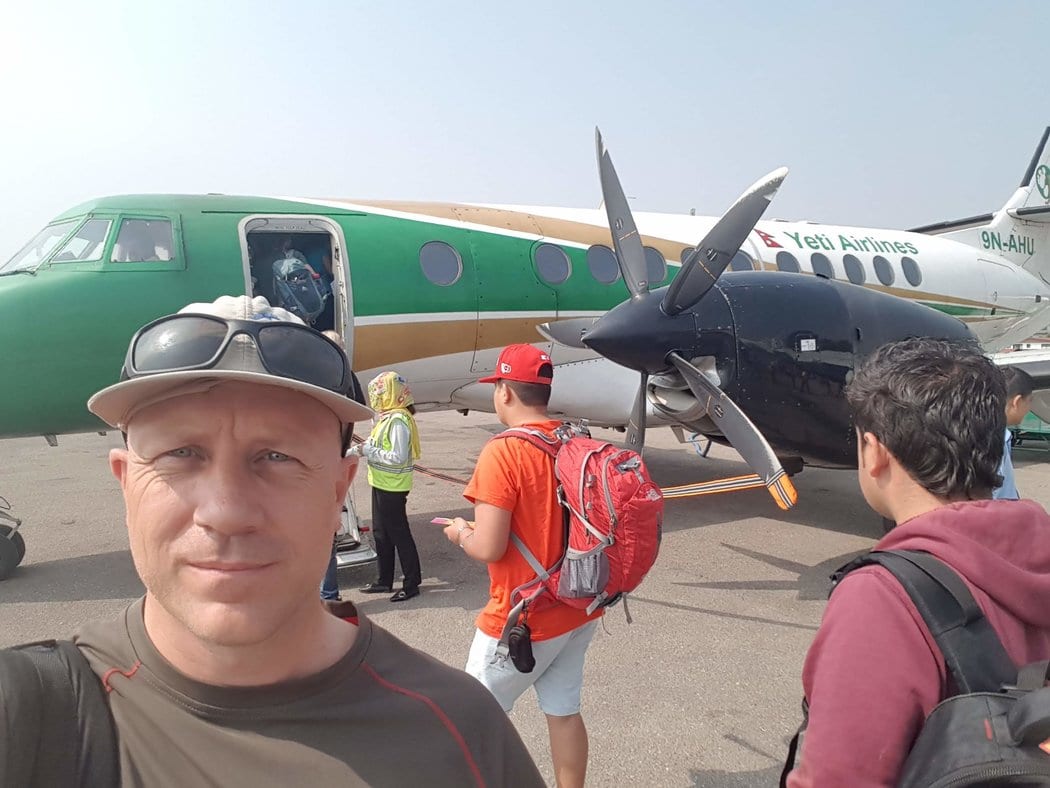
You might discover that your onward travel costs can be reduced just by delaying for a day or two. This isn't something you can really do on a regular vacation, but on an extended trip, you have time to play with.
Some tips here on choosing cheaper flights.
Related: Can you take a powerbank on a plane?
7. You won't be buying as many souvenirs
On shorter trips, it's easy to get caught up in the souvenir buying frenzy. After all, you want to bring home something special to remember your trip by!
However, when you're on a long term trip, you'll find that you won't be buying as many souvenirs.
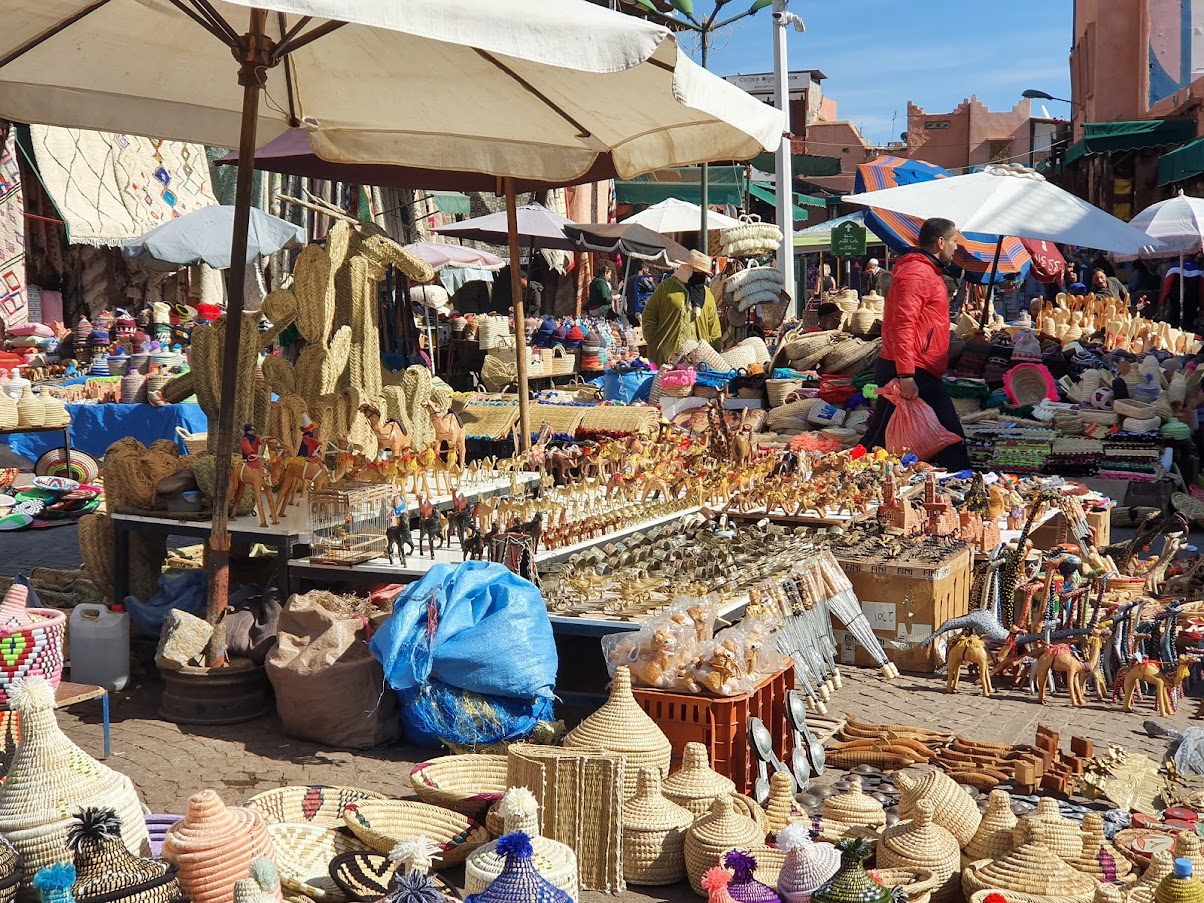
This is for two reasons – firstly, you'll likely be more selective about what you buy, as you'll have to carry around a lot of stuff with you until the trip is over. Secondly, you'll start seeing the same things over and over again, and they won't feel so unique anymore!
Personally, I find that the ticket stubs, good photos we take, and even foreign currency make good souvenirs that don't take up too much space in our backpack. They can also be a great way to keep travel memories alive by framing them!
8. You can be more flexible when you have more time
If you're on a regular vacation, the chances of being able to change your travel plans at the last minute are quite slim. This is because you've likely already paid for accommodation and other activities, so you're pretty much tied down to your original itinerary.
Of course, things can always come up that might force you to change your plans – but generally speaking, you'll be sticking to what you had originally planned to do.

However, if you're on a long term trip, you have a lot more flexibility when it comes to your travel plans. This is because you usually haven't pre-booked anything (or at least, not very far in advance), so you can change your plans on a whim if you want to!
This can be a great way to save money, as you're not locked into anything and can take advantage of last minute deals or even spur of the moment decisions to visit a new country.
9. You can always avoid the high season
Finally, one of the best things about long term travel is that you can always avoid the high season!
If you're traveling for a shorter period of time, it's likely that you'll have to visit during the high season in order to make the most of your trip. This can be great, as there will be more things to do and see – but it also means that prices will be higher, as demand is at its peak.
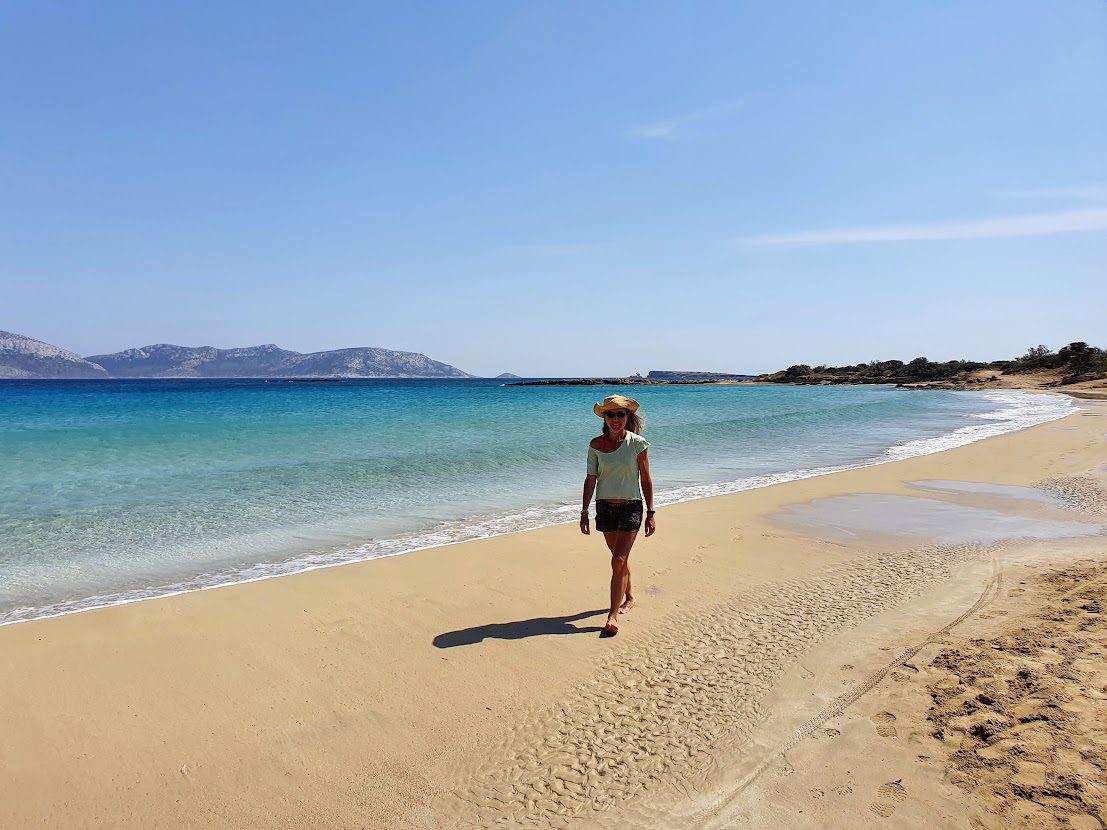
However, if you're on a long term trip, you can easily avoid the high season altogether by simply planning your route around it. This can lead to some big savings, as prices tend to drop off during the shoulder and low seasons.
For example, we visited Thailand during the low season, and not only were prices cheaper – but there were also fewer tourists around, so we had a much more authentic experience!
Related: Cheapest Greek islands to visit
Long term travel definitely has its perks when it comes to saving money. By following the tips above, you can easily cut down on your travel costs and have more money to spend on other things – like experiences!
Do you have any other tips to add? Share them in the comments below!
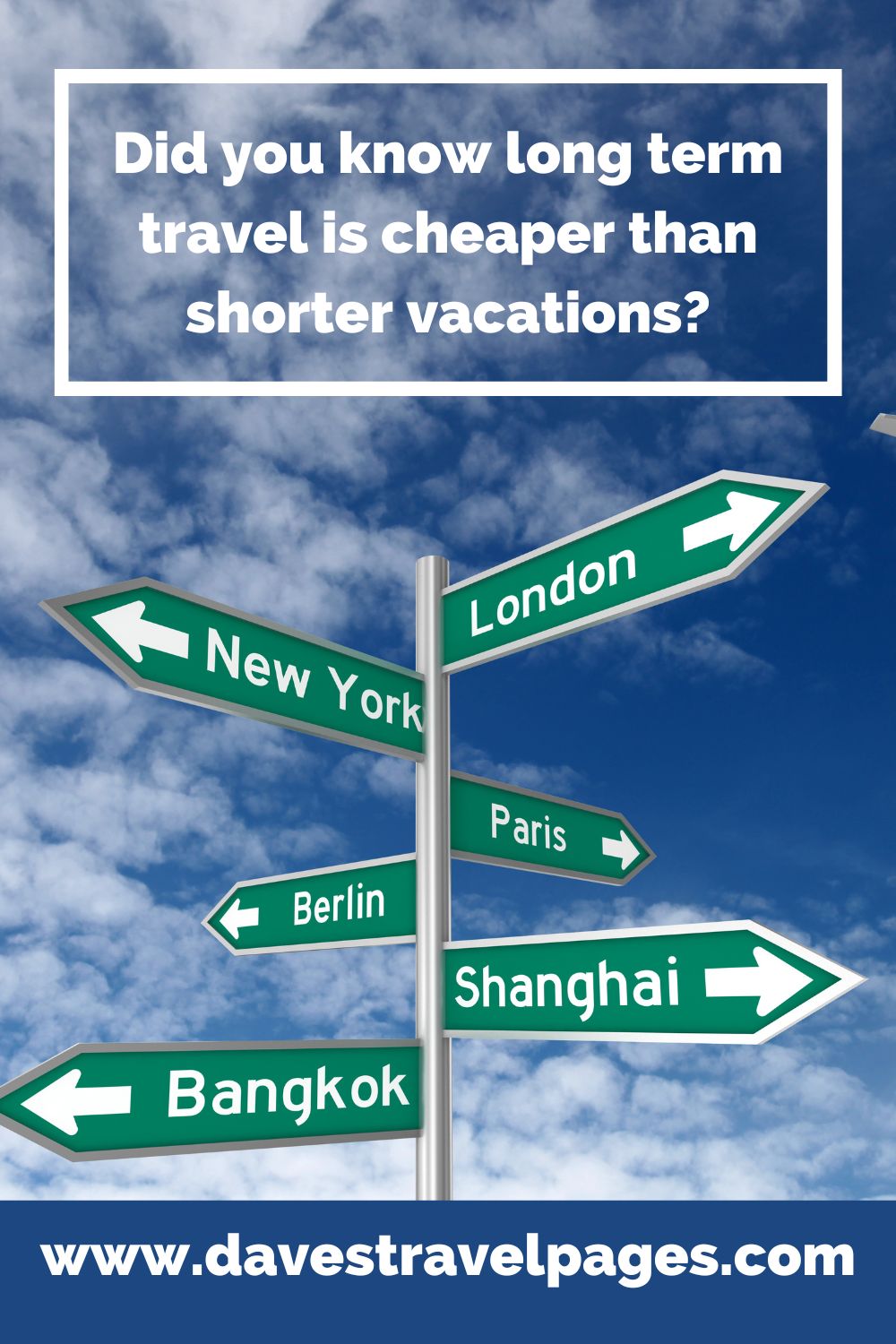
FAQ About Traveling Long Term
Budget travelers might find these frequently asked questions and answers useful when planning a long term trip:
What are the advantages and disadvantages of a long journey?
The advantages of a long journey are that you get to see a lot of different places and meet different people. The disadvantages are that it can be tiring and it can be expensive if you don't plan well.
How do people afford long term travel?
People can afford long term travel by planning their trips carefully and taking advantage of low-cost airlines, hostels, and other budget-friendly accommodation options. They can also save money by cooking their own food rather than eating out all the time. Finally, they can make money while on the road by doing odd jobs or freelance work.
How can travel costs be reduced?
There are a few ways that travel costs can be reduced, including staying longer in places, Couchsurfing, hitchhiking, and taking advantage of public transportation options. Additionally, eating food from markets rather than restaurants can help save money. Finally, travelers can look for free or low-cost activities in their destination.
What is the most cost effective way to travel?
I've personally found that bicycle touring is the cheapest way to travel! Of course, this might not be the best option for everyone – it really depends on your personal preferences. Other cheap travel options include hitchhiking, Couchsurfing, and taking advantage of public transportation.
Related:
- How to save for a trip
- Connecting with Local Culture in the Digital Age
- Santorini vs Milos – Which Island Is Better?
 – Dave Briggs
– Dave Briggs
Dave is a travel writer originally from the UK, and currently living in Greece. In addition to writing this guide to cheaper travel on long term trips, he's written hundreds of other useful guides about travelling all over the world. Follow Dave on social media for travel and adventure inspiration:
Facebook
Twitter
Pinterest
Instagram
YouTube